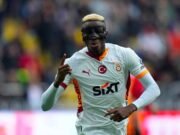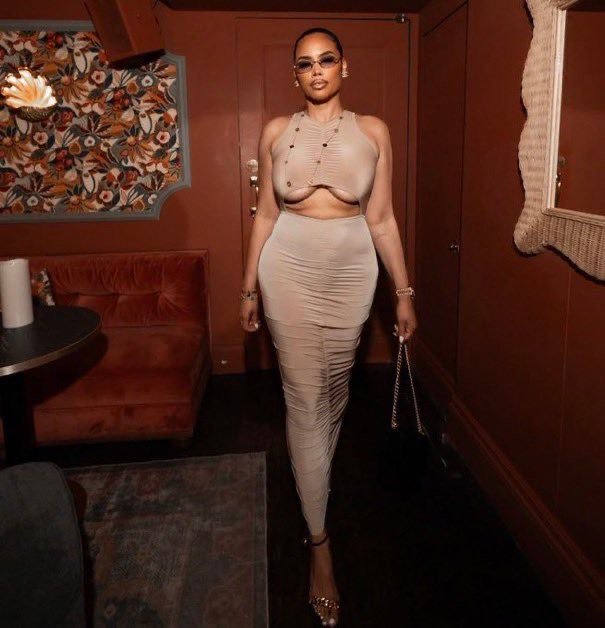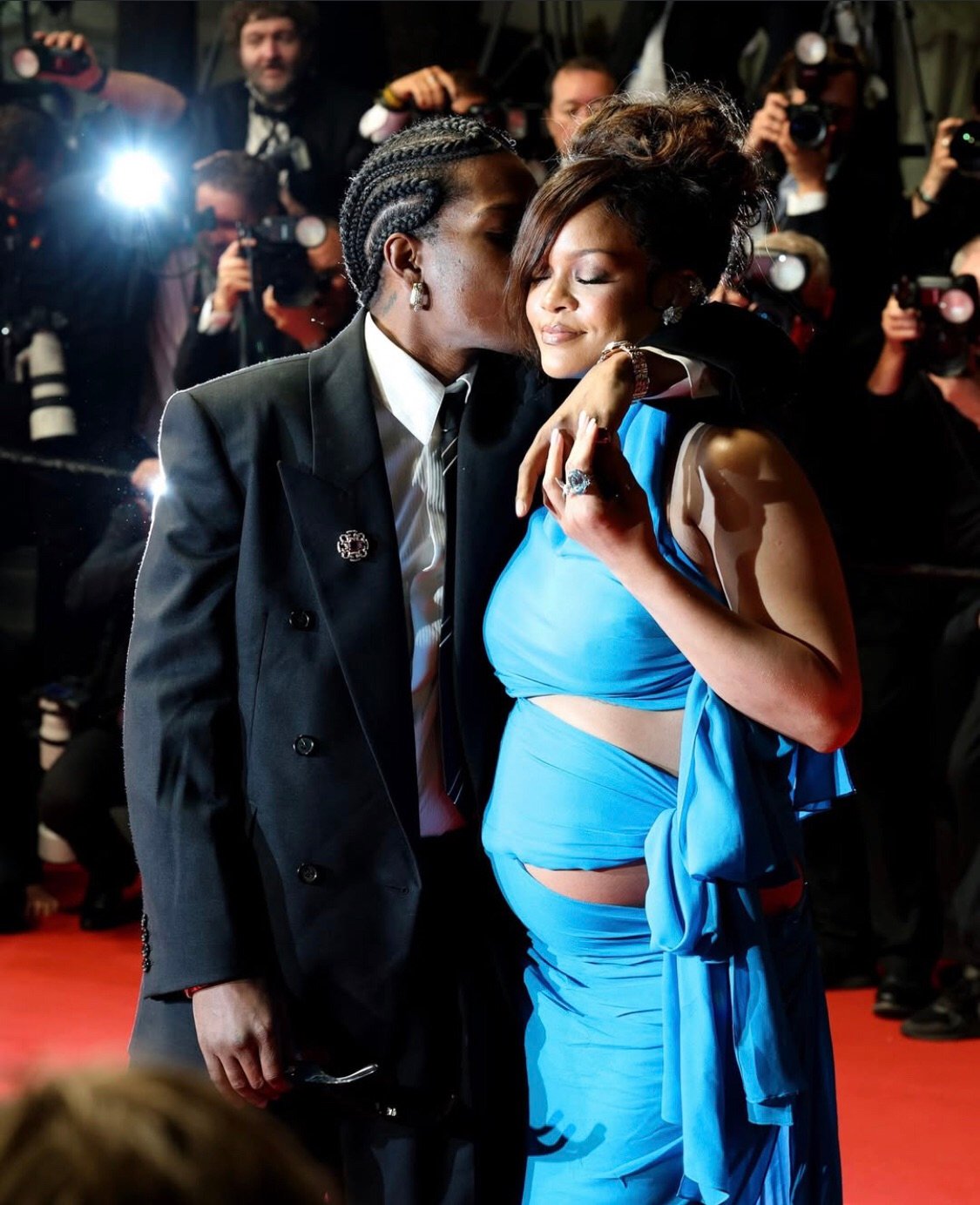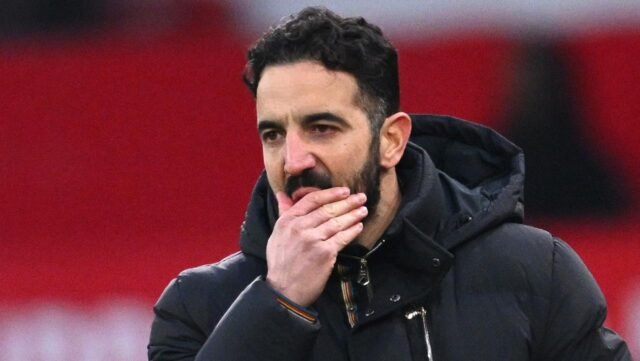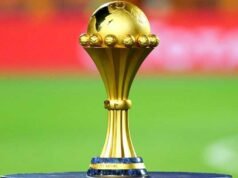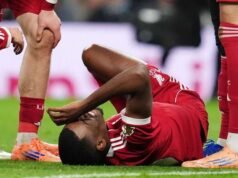Manchester United have hit “rock bottom,” according to Luke Shaw, following their 1-0 defeat to Tottenham Hotspur in the Europa League final. Despite the setback, manager Ruben Amorim insists he remains the right man to lead the club — but admits he would step down if the fans or the board no longer support him.
Manchester United’s season — already their worst in Premier League history — reached a new low in Bilbao with a Europa League final defeat to Tottenham Hotspur.
A victory wouldn’t have redeemed the campaign, but it might have offered a glimmer of hope and a foundation for renewed optimism.
Instead, after losing for the fourth time this season to the team 17th in the Premier League, United’s road back to the elite looks longer than ever. Once again, more questions are being asked of Manchester United and their head coach than answers are being provided.
United’s performance in Bilbao raised familiar concerns, not merely about their quality but also their style. Amorim stuck rigidly to his favoured 3-4-3 formation even into the final stages when every Tottenham player was behind the ball. “I will not change,” Amorim repeated afterwards and his resilience is admirable.
United’s performance in Bilbao reignited familiar concerns — not just about their quality, but about their style of play.
Ruben Amorim remained wedded to his preferred 3-4-3 formation, even in the closing stages when Tottenham had every player behind the ball. “I will not change,” he reiterated after the match. While his conviction is admirable, it also raises questions about his tactical flexibility.
But the evidence this formation does not suit his players is close to overwhelming, a consistent pattern of play still has not emerged, and Amorim’s belief in his system felt a stubborn streak too far deep into the final stages in Bilbao when United, predictable and stifled, kept three centre-halves on the pitch despite Tottenham’s obvious refusal to leave their own half.
If there is a debate over Amorim’s future, there shouldn’t be — at least not yet. He needs more time, and considering the scale of the problems he inherited, he’s earned it. From a practical standpoint, United likely can’t afford another managerial change, and certainly can’t afford the fallout that would come with admitting Amorim’s appointment — and those behind it — was a mistake.
That said, it’s fair to acknowledge that Amorim had a poor night in Bilbao. The issue wasn’t just his stubborn commitment to the 3-4-3 system — it was also his team selection. Starting Mason Mount proved to be a major misjudgement, one that became glaringly obvious when Alejandro Garnacho contributed more in his first five minutes than Mount had managed in the previous seventy. Tactically, Ange Postecoglou outmaneuvered him. But he also won the selection battle — his bold decision to start Richarlison and bench Heung-Min Son was thoroughly vindicated.
Amorim handled himself well in the post-match press conference — but then, he usually does. Similarly, Luke Shaw’s honest and heartfelt comments in support of his manager were commendable. The troubling reality, however, is that Manchester United seem to deliver their most convincing performances these days not on the pitch, but in the media room.
Would you like this developed into a full opinion piece or edited further for a specific publication or platform?
How many players do Manchester United need this summer? To the nearest 10, the answer might genuinely be 10 — and even that could be generous.
The question was asked, half-jokingly, midway through the Europa League final. But it’s no laughing matter. Consider this: West Ham finished just one spot above United in the Premier League table. How many United players — aside from Bruno Fernandes — would they actually want? Even Amad Diallo, promising as he is, would struggle to displace Jarrod Bowen on the right. Strip it down, and Fernandes might be the only genuinely desirable asset.
Do United have the financial muscle to carry out a rebuild of that scale?
Ruben Amorim admitted earlier this week that winning the final might have secured just one extra summer signing. The hard truth: victory in Bilbao could have been worth up to £100 million — a significant boost for a club that’s lost £300 million over the last three years.
In reality, United may not have anything close to the spending power they need to overhaul the squad — at least not to the extent required.
That financial uncertainty was underlined in worrying fashion by captain Bruno Fernandes on Wednesday night. His post-match comments reflected a sobering reality:
“If the club thinks it’s time to part ways because they want to do some cash in or whatever, it is what it is.”
It was a frank admission from a player who remains United’s most valuable on-pitch asset — and a reminder that the road to recovery may be long, and far from smooth.
Will playing once a week — while up to 10 Premier League teams compete in Europe next season — actually help Manchester United?
Yes and no.
Ange Postecoglou claimed after the Europa League final that he had deprioritized the Premier League to focus on Europe. But that felt like a convenient narrative. The uncomfortable truth for Tottenham — and perhaps for United too — is that they may simply not be good enough. The problem with the Premier League is that there’s no equivalent of drawing Bodo/Glimt in a semi-final. And for United, even with the benefit of fewer fixtures and more rest, it may make little difference if the core issue remains: a lack of quality.
Sure, they’ll be fresher. But not being tired doesn’t guarantee they won’t be terrible.
What United truly need is players — lots of them — to pull themselves out of this rut. And attracting or affording those players becomes significantly harder without the lure or revenue of European football.
Champions League qualification wouldn’t have solved everything. But it would have represented a meaningful step in the right direction — a route back toward relevance, and a form of escapism for a fanbase starved of joy.
Now, United are left with neither.


